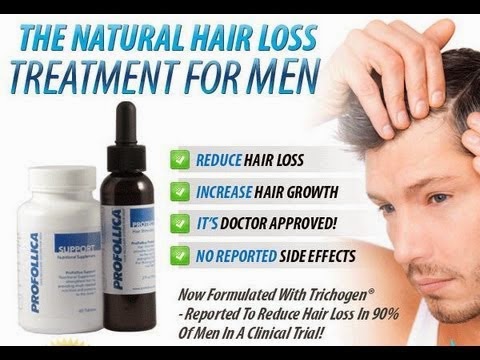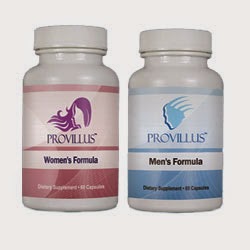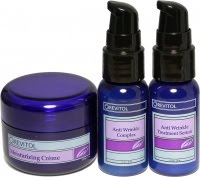
There was a time when people wrote reviews to help other consumers decide for or against a product. Today, many write their own hair loss treatment reviews to promote their own products, rather than point out the ones that work. So, how do you separate the review that helps from the review that harms? Here are some tips.
1. Read up on the product. Don't be content with one review. Read several! You can learn a wide variety of information about various products from the hair loss treatment reviews you read. Typically, a review begins with the types of ingredients, but you can learn other information as well. For instance, you could learn about what those ingredients actually do, where they originate, and so on. This will help you make up your mind which product to try and which product to avoid. You don’t have need to earn a PhD in chemistry or even be able to pronounce the products like a scientific guru. You just need to read.
2. Determine how well products can protect you from the environment. When reading hair loss treatment reviews, of course it’s important to determine how well the products function in preventing your locks from falling out. However, you should also determine how well it can protect you from the damaging effects of your environment. This will further help to prevent the shedding of tresses. Various environmental factors exist, including UV rays from the sunlight. Although you’ve heard it a million and one times, prevention is indeed better than cure.
3. Consider how “green” the products are. Contrary to Kermit the Frog’s song, sometimes it’s easy being ‘green.” In addition to the ingredients themselves, various other aspects of products can be ‘green.” Not only are green products better for you, but they’re better for the planet as well. You can consider various matters. Do they avoid animal testing? Is the packaging biodegradable? Do the products originate from indigenous societies? These are just a few of the matters that can make a product “green.”
4. Consider how well companies have tested products. It’s important that the manufacturers of the products have thoroughly tested them. If you’re interested in products whose testing hasn’t involved animals, look for this information on the packaging. While various types of advertising can be informative or even fun, it’s important for you to be assured that a product will treat your locks well and prevent others from falling out. Solid scientific testing is the answer.
These are just some of the tips to keep in mind while reading hair loss treatment reviews. Use them to lock in on the products that are best for your personal needs.





